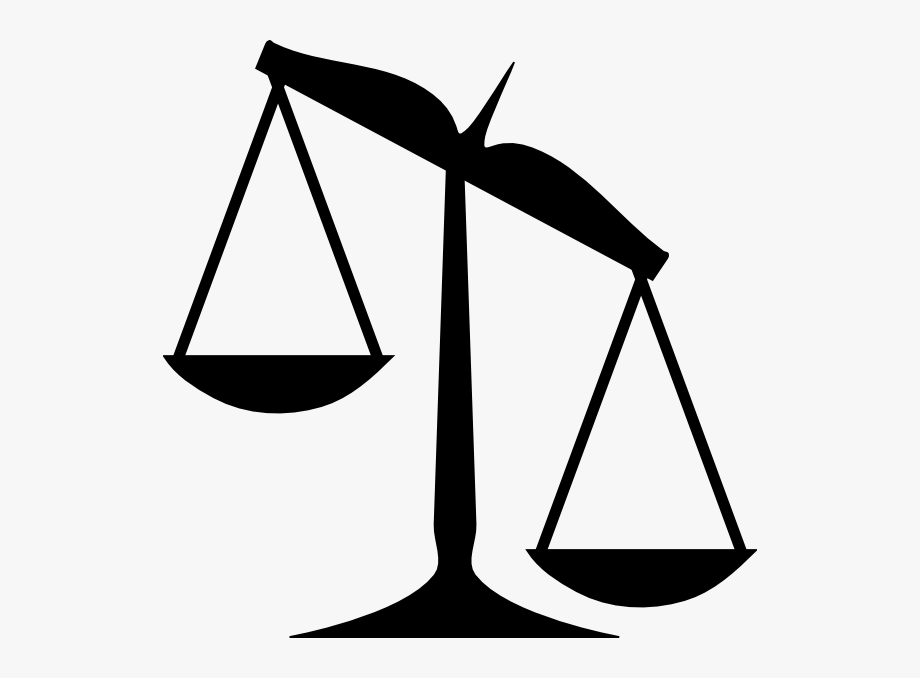The content of and procedures for the examinations administered in the various CopyrightX courses differ somewhat. The exam for the Harvard Law School course is administered by the Harvard Registrar’s Office. Copies of the exams given in previous years (and some model answers to those exams) are accessible through the links below. Each of the affiliates administers its own exam. (For instructions and guidance, see the homepage of the pertinent affiliate.) Finally, detailed instructions for the examination used in the online sections are set forth below.
Students in all of the CopyrightX courses must abide by the Policy on Academic Honesty, which is set forth at the bottom of this page.
Harvard Law School Examinations
- A copy of the 2013 Harvard exam is available here: 2013 HLS exam. Two excellent answers to the first question in the 2013 exam are available here: first sample answer and second sample answer.
- A copy of the 2014 Harvard exam is available here: 2014 HLS exam. Three excellent answers to the first question in the 2014 exam are available here: first sample answer, second sample answer, and third sample answer.
- A copy of the 2015 Harvard exam is available here: 2015 HLS Exam. Two excellent answers to the first question in the 2015 exam are available here: first sample answer and second sample answer.
- A copy of the 2016 Harvard exam is available here: 2016 HLS Exam. Two excellent answers to Part I of the 2016 exam are available here: first sample answer and second sample answer.
- 2017 Exam
- 2018 Exam
- 2019 Exam
- 2020 Exam
- A copy of the 2021 Harvard exam is available here: 2021 HLS Exam. Three excellent answers to the 2021 exam are available here: first sample answer; second sample answer; and third sample answer.
- A copy of the 2022 Harvard exam is available here: 2022 HLS Exam. Two excellent answers the 2022 exam are available here: first sample answer and second sample answer.
Examinations for CopyrightX online sections
The examination offered to the students in the online sections is administered in a take-home, “open book” format. Students are given four days to complete it, but most students find that it requires substantially less than eight hours of effort.
Students’ responses to the examination are graded by the Harvard teaching fellows. No teaching fellow grades exams from students in the teaching fellow’s own section. When evaluating answers, the teaching fellows use the following scale:
- 5 = excellent
- 4 = insightful
- 3 = good
- 2 = satisfactory
- 1 = unsatisfactory
To pass the exam, a student must receive an average of 2 on his or her responses to the questions. If the teaching fellow who grades the exam assigns a average grade between 1.8 and 2.2, inclusive, Professor Fisher reviews the exam. This review by Professor Fisher is final, and no other grades can be reviewed or appealed. Students who pass the exam and satisfy the course-attendance requirement are issued certificates of completion.
The exam is intended to be rigorous but fair. In most years, the exam-passage rate is approximately 80%. The rate does not vary significantly by country of residence, age, or occupation. In particular, non-lawyers typically pass the exams at roughly the same rate as lawyers.
Past Exams for CopyrightX Online Sections
Frequently Asked Questions concerning the Online Section Exams
Policy on Academic Honesty
In any work for CopyrightX, including the final examination and additional examinations and quizzes, students must attribute the ideas of others properly, so as to avoid plagiarism.
When a student directly copies the words of another, those words must be enclosed in quotation marks. Such quotations must be attributed to their original author. When a student paraphrases the words of another, quotation marks are not appropriate. However, the student must still attribute the ideas to their original author. Students are not required to use a particular style of citation. Students seeking additional guidance about proper attribution may wish to consult the Harvard Guide to Using Sources.
Failure to quote and attribute the ideas of others properly, as described above, will result in a failing grade on the work in question as well as a failing grade in the course.
Failure to abide by the instructions for an examination will also result in a failing grade both on the exam and in the course as a whole.
AI Policy: Students are not permitted to use artificial intelligence/machine learning software (e.g., ChatGPT) to perform, in whole or part (including initial drafts), any work assigned in this course or any part of the course’s final examination. Doing so will be considered a serious violation of the Harvard Law School’s Academic Honesty policy.
